A report commissioned by the Department for Transport has given a pessimistic view of the future of electric vans in the UK and has been described as a “massive wake-up call” for electric van makers and the Government.
The Ultra Low Emissions Vans Study, by Element Energy, which was carried out before the introduction of the plug-in grant for electric vans and does not take into account the discount in the London Congestion Charge, suggests the odds are stacked against electric vans providing a cost-effective option for fleet operators – even when looking more than a decade ahead.
The report’s authors suggest that cash incentives will need to continue to compensate owners for the higher running costs, as well as non-financial incentives, such as exclusive access to loading bays, longer delivery hours, use of bus lanes and a relaxation of O-Licence rules to ensure the weight of the heavier powertrain doesn’t impact on a 3.5t GVW limit.
They also suggest van manufacturers provide guaranteed buy-backs and fixed-price servicing to help reduce the risk on investment required to run the vehicles.
The Government announced in February that it would offer van owners 20% or up to £8,000 (whichever is lower) off the cost of a new electric van from the list of seven approved vehicles. The grant was extended to vans just over a year after it became available for electric cars with a cash discount of up to £5,000.
But the electric van market has got off to a slow start in the UK so far, with just 97 up to one-year-old vehicles on the road in 2011, although the new grant is likely to strengthen the case for electric vans with more fleets.
Smith Electric has offered electric conversions of the Ford Transit for many years, and supermarket giant Sainsbury’s operates electric fridge van versions for home deliveries within the M25.
But the purchase price of a Smith Edison panel van is up to four times higher than for a diesel Ford Transit.
Mercedes-Benz offers an electric version of the Mercedes-Benz Vito, but prefers customers to lease the vans at a substantial premium over the cost of leasing a diesel Vito.
Renault is unique in offering to sell electric vans without the cost of the battery and leasing the battery to customers at a monthly rate depending on the annual mileage of the van. Deliveries of the Renault Kangoo ZE began in September.
Tesco.com has already turned its back on electric vans after a stint using 15 vehicles from Coventry-based Modec, although the van maker went into administration in March 2011.
The company said a combination of factors, including unreliability and a higher cost of ownership compared with diesel vans, led to its decision. It has since switched to Iveco Daily CNG vans with a bunkered supply of biomethane.
More follows on page two...






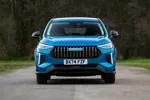



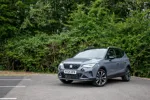
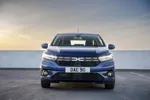

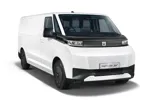
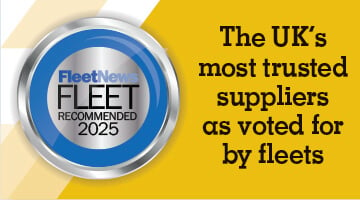

Patriot - 19/04/2012 12:34
Why is anyone still persisting in trying to bribe fleet users/owners with taxpayers money to buy or lease failed technology? Let me put it on record: Electric vans are not a viable proposition. They are expensive,slow,heavy and can only operate with some semblence of efficiency if you live in Lincolnshire-or Holland. EV's are not the future and the sooner they are consigned to giving people rides round parks and exhibitions the sooner vehicle makers can concentrate on improving what works, not what the tree hugging yurt dwellers thinks is good for us.